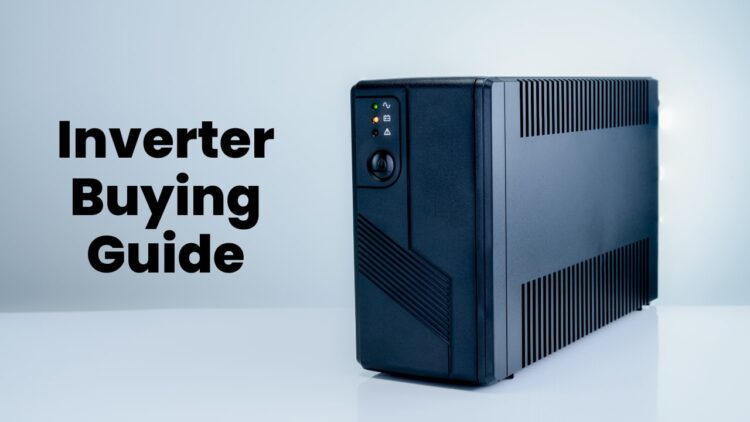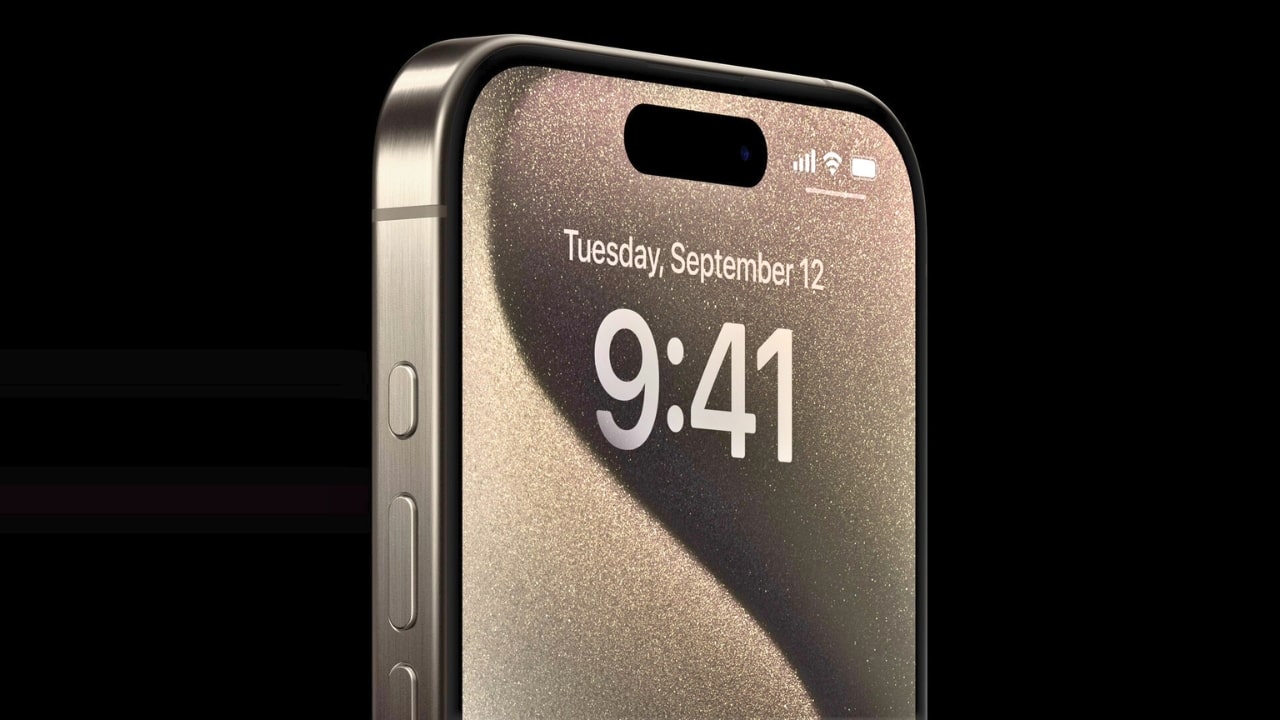Whether it’s summer or frequent power cuts, inverters have become a necessity for every household today. However, buying an inverter is not as simple as just visiting a shop and selecting any model. If you make even a small mistake, not only will money be wasted, but problems will also arise during power cuts. Therefore, keep these 5 important things in mind while buying an inverter.
Choose An Inverter According To The Needs Of Your Home
First, decide which items you want to run with the inverter, such as just lights, fans, a TV, a refrigerator, or a WiFi device. If you plan to run more devices, consider purchasing an inverter with a higher VA or watt capacity.
Check The Compatibility Of Both The Inverter and The Battery
Many people focus solely on the inverter when purchasing it, but overlook the battery. For good performance, the inverter and battery should be compatible with each other. Tubular batteries are considered the best for homes; they are durable and also give more backup.
Understand The Technology Of Inverter: Sine Wave Vs Square Wave
Inverters come in two types: sine wave and Square Wave. Sine Wave inverters are a little expensive but give better performance and do not damage electronic equipment. Square waves are less costly but produce noise and consume more electricity. If you want to run a computer, smart TV or refrigerator, then buying a Sine Wave inverter can be a better option.
Do Check The Brand and Warranty
Always buy an inverter from a trusted brand, such as Luminous, Microtek, V-Guard, or Exide. Additionally, you should obtain a warranty of at least 2 years, allowing you to receive free service or replacement if anything goes wrong.
Pay Attention To Maintenance and Service Support
After buying an inverter, its correct installation and servicing from time to time is necessary. Check whether the brand of inverter you are buying has a service network in your city or area.
What If You Do Not Pay Attention?
If you buy an inverter without careful consideration, it may not be able to provide the backup you need. Your appliances may get damaged. The inverter may heat up quickly and fail repeatedly, causing not only trouble but also financial loss.











